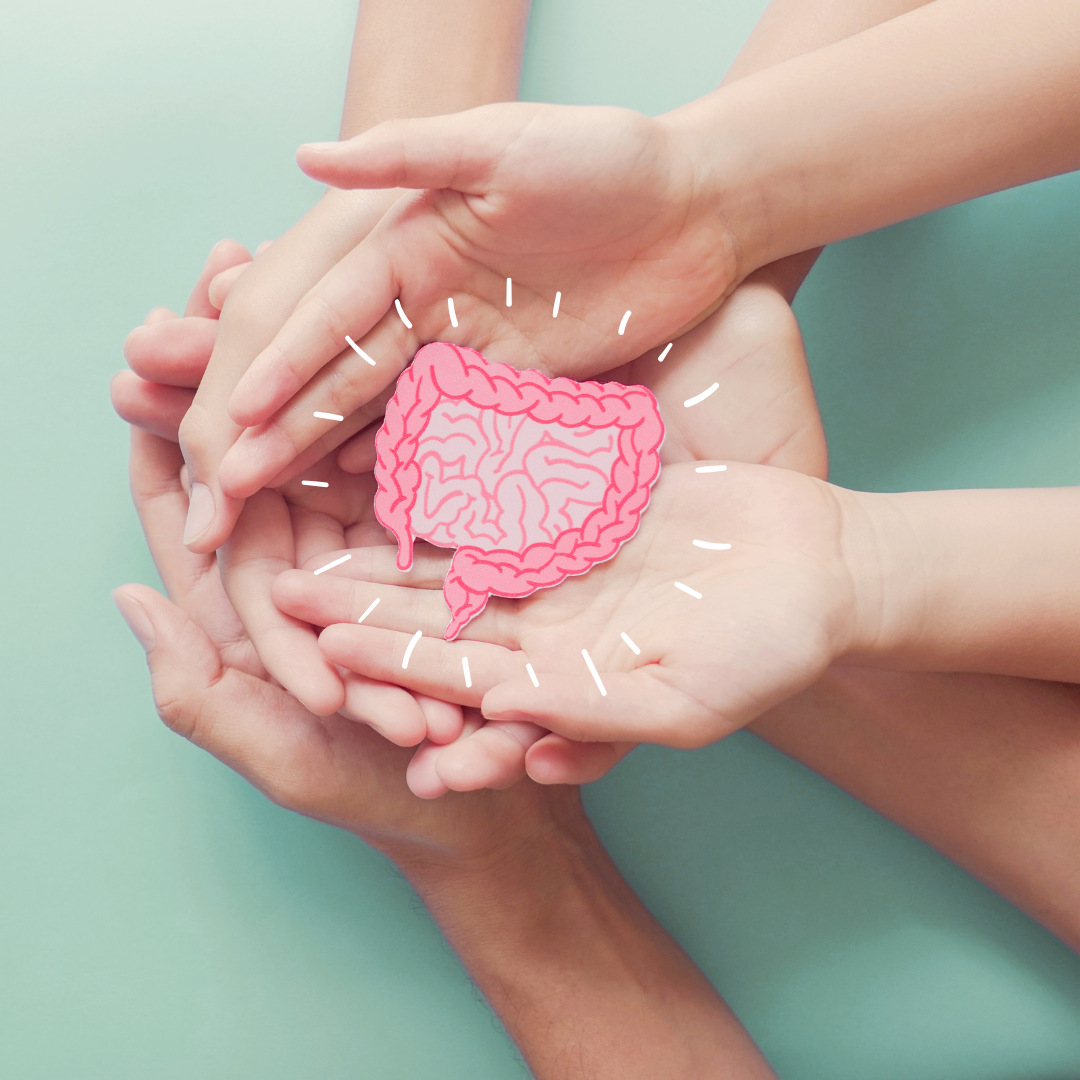Every wonder what's up with gray hair? It's absolutely beautiful but not everyone is thrilled with premature gray hair. Is it really caused by stress? Why do some people "go gray" sooner than others? There are genetic factors, but can nutrition also influence its onset?
- Gray hair may be partially caused by a buildup of hydrogen peroxide in the hair follicles.
- GPX is a gene that codes for glutathione peroxidase production which normally safely converts hydrogen peroxide to water.
- Poor nutrition status and/or a lack of antioxidants (Vitamin C, glutathione especially) can contribute to poor GPX function which then slows the conversion of hydrogen peroxide to water causing a buildup in the hair follicles.
- Homocysteine, an inflammatory signaling molecule brought on by stress or diet-induced damage, can also build up and produce hydrogen peroxide when certain detoxification pathways in the body aren't functioning optimally.
So what can we do??
- We can start by cleaning up our genes. And that means clean air, water, and food. Avoid industrial chemicals as much as possible. Remember what goes on your skin goes into your skin too, so reducing household chemicals and cleaning up skincare products is equally as important as whole food.
- Reduce stress as much as possible by aiming for 7-8 hours of sleep per night, getting moderate exercise (HIIT exercise 7 days per week might be as harsh on antioxidant production as no exercise).
- Increase glutathione production (the body's "master antioxidant") by incorporating cruciferous veggies into your daily diet and again, avoiding industrial chemicals. ---NAC is a simple supplement that contains cysteine, a building block of glutathione, which can be helpful if cruciferous veggies aren't a daily part of your diet.




Recent Blog Posts
Share this post!
About the Author
Rhya Pachin is a licensed dietitian nutritionist who employs an "integrative" approach to support overall health rather than addressing just one symptom. As a certified LEAP therapist, she designs and supervises custom elimination diets. Her focus areas include gastrointestinal conditions like IBS and IBD, autoimmune diseases such as rheumatoid arthritis and Hashimoto's, persistent weight issues, food sensitivities, and chronic inflammatory conditions in both adults and children.



